by ANJALI MEHTA.
THE remarkable journey of Lata Mangeshkar saw her go from being a child prodigy, who
stepped up as a 13-year-old to support her family, to becoming one of the greatest and most influential singers in the music history.
Her journey has been filled with thousands of songs, countless memorable moments and inspiring incidents that left a permanent mark on music history. The nightingale of India recently celebrated her 89th birth anniversary.
Eastern Eye went back in time to find quotes she has given about her extraordinary life and career to present some of that incredible journey through her own words.
- I have vivid memories of my mother even when I was three or four. I remember the exact colour of the sari she wore, the design of her earrings, the rings that she wore in her toes. I remember every detail of my childhood especially these times I shared with my mother.
- I was a very precocious child. My mother had a very tough time curbing my enthusiasm. I had so much energy. I would be running around the whole day singing to everyone.
- My mother was my first dedicated audience. It was with her that I realised the importance of holding the listener’s attention while singing live.
- A particular incident sparked off my singing. It so happened that once my father asked his student to practise a raag while he finished some work. I was playing nearby and suddenly a note of the raag that the student was rendering, jarred. And the next minute, I was correcting him. When my father returned, he discovered a student in his own daughter. The next day, early in the morning, I was given a tanpura and he began teaching me. I recollect starting off with raag Puriya Dhanashree at the age of six.
- At nine, I sang for the first time in a performance in which my father also sang. When I sang my first song, my father was seriously ill but he never quite liked the idea of anyone of us singing for films. But he gave me permission to sing in a Marathi movie
because the music director Sri Sadashiv Rao was his colleague in the drama company.
- My father passed away in 1942, and three-four months after his death, I had to start working. There was a responsibility on my shoulders to run the household. It was my duty as the eldest child in the house. Besides my mother, I had four sisters and a brother.
- I never had a chance to dream. I just kept doing whatever destiny willed. When I was just a young girl, my only concern was to make sure that my family was looked after.
- Those were fun times even when I had to go hungry for the entire day. There was no money in my purse. There was only hope in my heart, and the belief that no matter how tough the future looked, there was always hope for a better tomorrow.
- There was a drive and determination in me. I was not born to lose. One has to be fully committed to one’s career. Otherwise there is no point.
- My parents taught me to always help the needy. We had some very difficult days. In our
home there were free meals for every guest. But when we fell on hard times there was no food for the family.
- There were days when my siblings and I didn’t eat the entire day. I learned to share what I had with others. Believe me, the joy you feel in giving is much greater than the joy one feels in receiving.
- I missed out on my childhood. I had to work hard, but I was immediately given a place in playback music.
- To me my family and I are one. I never thought of a life separate from my family.
- One of the earliest composers to support me was Master Ghulam Haider. When he was told that my voice wouldn’t suit the heroine in a Dilip Kumar saab-starrer Shaheed, he gave me songs in Majboor. Then other composers like Anil Biswasji, Khemchand
Prakashji and Naushad saab came forward to sign me. From 1947 onwards there was no looking back.
- One song that truly changed my career was Aayega Aane Wala in Mahal. It was after this song that people came to know that a new girl called Lata Mangeshkar has come to sing.
- I most enjoyed singing for Nargis, Meena Kumari, Madhubala, Nutan. I would modulate my voice according to their personality.
- It has been my pleasure to have shared the mic with Mohammed Rafi, Mukesh, Hemant Kumar, Kishore Kumar, Manna Dey, Talat Mehmood and of course, my sister Asha Bhosle. What a wealth of talent that is.
- It is a myth that other singers couldn’t get along with me.
- I think playback singing has a lot to do with voice acting. I would suggest to all the youngsters to understand the character, situation, and the story behind the songs. That is when you can add soul to the rendition which, I think, is missing in today’s music.
- When I speak, my Urdu is not very good, but when I sing I make sure that there are no flaws in my diction.
- Though I have sung in 26 languages, after Hindi, I sang the maximum number of songs in Bengali for music directors like Salil Chowdhury, Satinath Mukherjee and Bappi Lahiri. Since Bengali and Marathi languages have many similarities, I always felt as if they were my own.
- When I hear a song of mine, I feel I could have done much better. When I recorded songs I would rush out of the recording. This was a matter of great annoyance to many of the music directors. But I could not help it. I could not bear to hear myself.
- I am fond of Nat King Cole. I started listening to his music in the 1950s. I have all his records. I even toyed with the idea of doing a recording of his songs, but was advised against it. I liked the Beatles too.
- Do I marvel at my own voice? Of course not. If I did, I would probably have gotten smug and self satisfied. I don’t even listen to my own songs.
- From my experience and understanding, I believe money follows name and fame, while recognition calls for a huge amount of sacrifice. To get something, you have to lose something. That’s the rule of life.
- I believe in one power, and that is the hand of God. I respect all religions.
- Whatever I have got in life is because of the Almighty. You may not agree with me, but I feel I have got much more fame and recognition in life than I deserve.
- Singers who do remixes and cover versions of songs by Rafi saab, Mukesh Bhaiyya or me do not benefit in any way from singing our songs. They have no repertoire of their own. I wonder what they get out of it.
- There is a big difference between what I sang earlier, and what is being made now. I am not saying this music is bad, but there are too many beats. The sur (notes) and kavita (poetry) are not as good. There is a lot of western influence, which was there earlier too, but not as much as today.
- I would not let a biographical film be made on me. That is because I do not believe in them. I don’t like biopics.
- I have learned to do good and leave it at that and not expect anything in return.
- If I write about myself, and talk about an incident where someone did something bad to me, I’m afraid about what people will say. It will be pointed out to me that the other person is dead, and I wouldn’t like that. Why should I involve myself in such mud-slinging, especially with those who have passed away.
- I wish I had given more time to learning classical singing.
- What has really kept me going is I’ve never indulged in any kind of politics. I’ve never criticised or pulled anyone down. Perhaps that explains why I’m liked so much even now.
- I feel God sent me to earth to sing. I started singing when I was five, but I don’t think I have worked as hard as many other people.
- If I start thinking I’m as good as people say, my growth as an artist would cease. Humility is the mainstay of an artist, pride is her downfall.
- No artist should be satisfied with what they have achieved. There is always another sky to conquer beyond the one you think you’ve just reached.
- Other singers on Lata Mangeshkar...
Shreya Ghoshal: “Ever since I began my journey in music, Lataji has been one of my biggest inspirations.”
Sunidhi Chauhan: “Lataji is the goddess of music. She is not only an inspiration to me, but
to everyone.”
Farida Khanum: “The nightingale of India was one of the music legends who had inspired me among several other big names in the industry. I have performed with the doyennes of Indian music and learnt from them. Lataji was one of them. She was very affectionate.”
Sonu Nigam: “I think it is our fortune to take birth in the times of Lataji. She is an
inspiration for me and will always continue to inspire several other generations.”














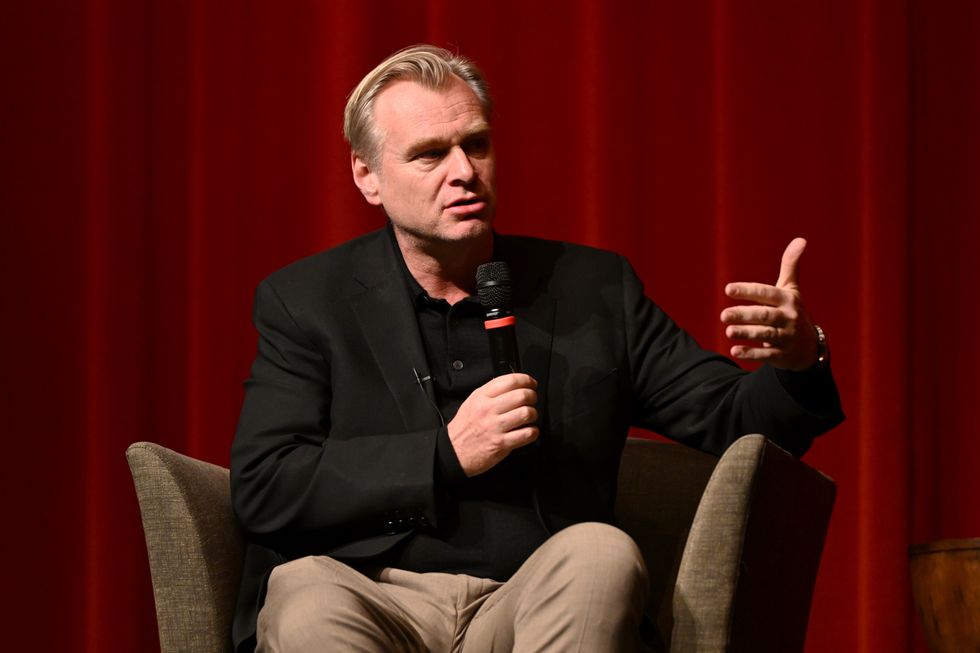 Christopher Nolan’s The Odyssey poster debuts in cinemas with exclusive teaser trailerGetty Images
Christopher Nolan’s The Odyssey poster debuts in cinemas with exclusive teaser trailerGetty Images 
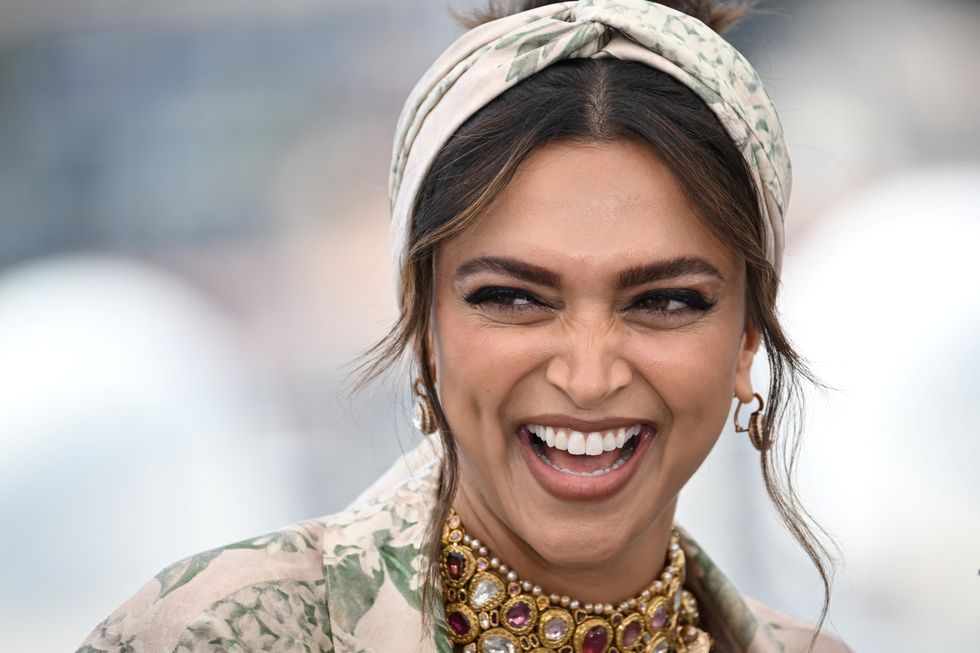 Deepika Padukone to get Hollywood Walk of Fame star Getty Images
Deepika Padukone to get Hollywood Walk of Fame star Getty Images 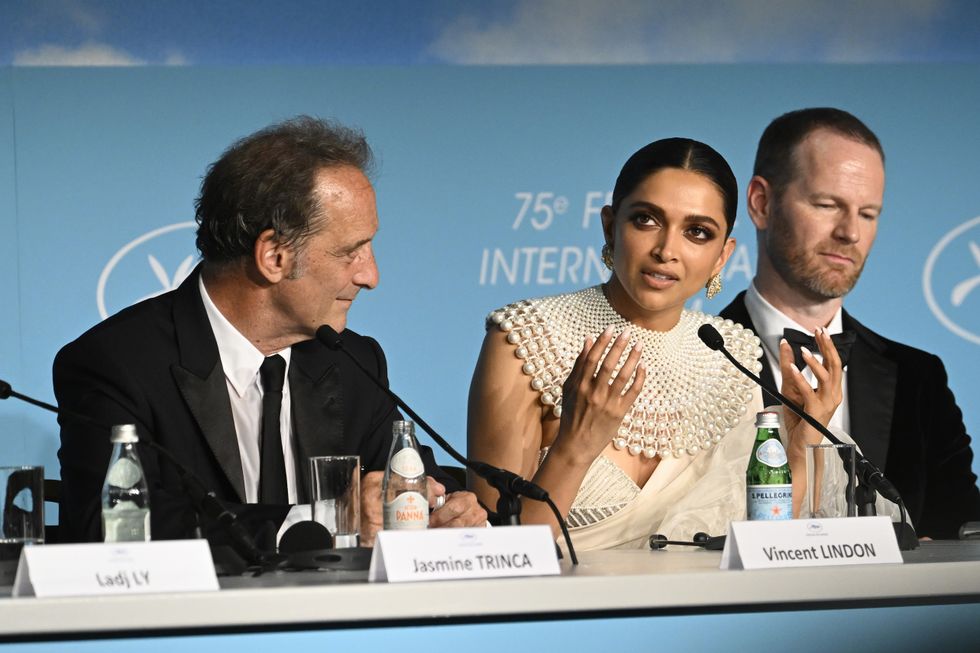 Jury Member Deepika Padukone attend the Palme D'or winner press conference Getty Images
Jury Member Deepika Padukone attend the Palme D'or winner press conference Getty Images 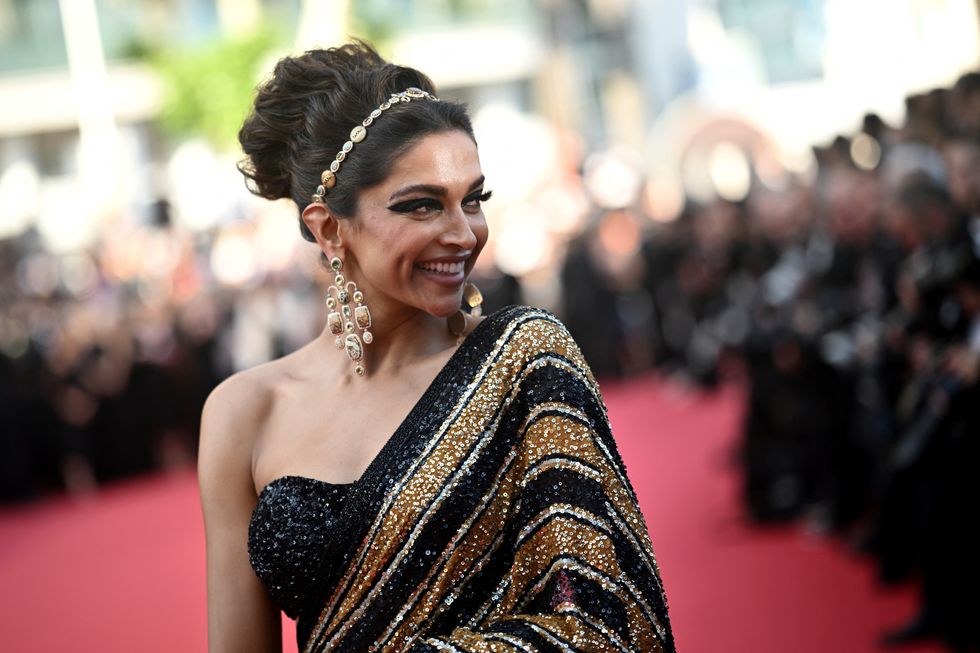 Deepika Padukone honoured with Hollywood star in 2026 Getty Images
Deepika Padukone honoured with Hollywood star in 2026 Getty Images  Deepika Padukone becomes Walk of Fame honouree in 2026Getty Images
Deepika Padukone becomes Walk of Fame honouree in 2026Getty Images 
 Charlize Theron poses with her Oscar for Best Performance by an Actress in a Leading Role during the 76th Annual Academy AwardsGetty Images
Charlize Theron poses with her Oscar for Best Performance by an Actress in a Leading Role during the 76th Annual Academy AwardsGetty Images  Charlize Theron stars in "The Cider House Rules"Getty Images
Charlize Theron stars in "The Cider House Rules"Getty Images  Charlize Theron attends the Los Angeles Premiere of Netflix's "The Old Guard 2" Getty Images
Charlize Theron attends the Los Angeles Premiere of Netflix's "The Old Guard 2" Getty Images Charlize Theron during the 2010 Soccer World Cup Final Draw Getty Images
Charlize Theron during the 2010 Soccer World Cup Final Draw Getty Images
 Ramayana teaser out featuring Ranbir Kapoor and YashYoutube Screengrab
Ramayana teaser out featuring Ranbir Kapoor and YashYoutube Screengrab 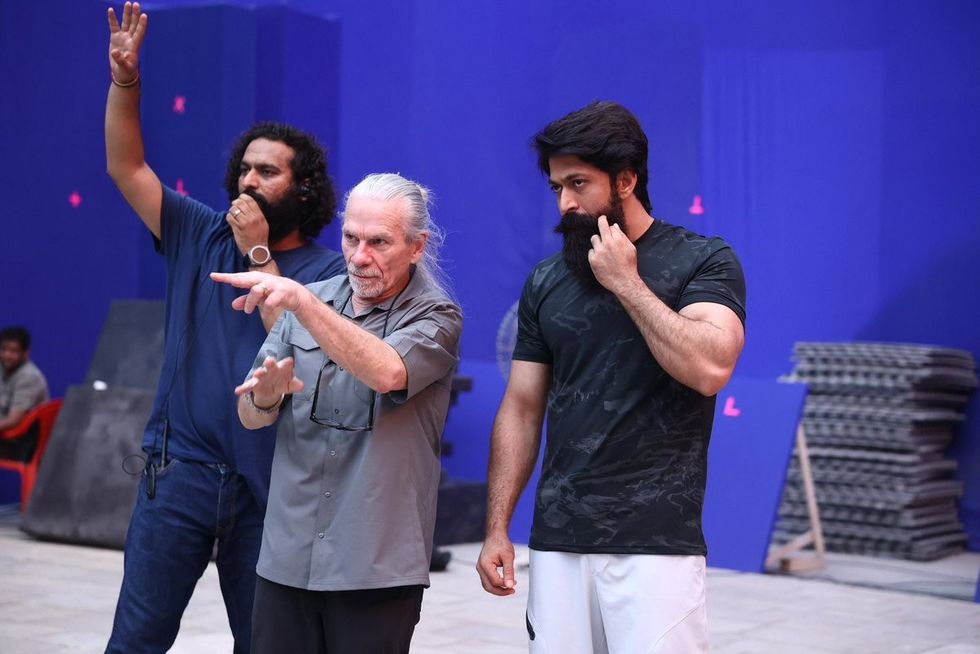 Yash in discussion with stunt director Guy Norris during Ramayana shoot Twitter/@SumitkadeI
Yash in discussion with stunt director Guy Norris during Ramayana shoot Twitter/@SumitkadeI